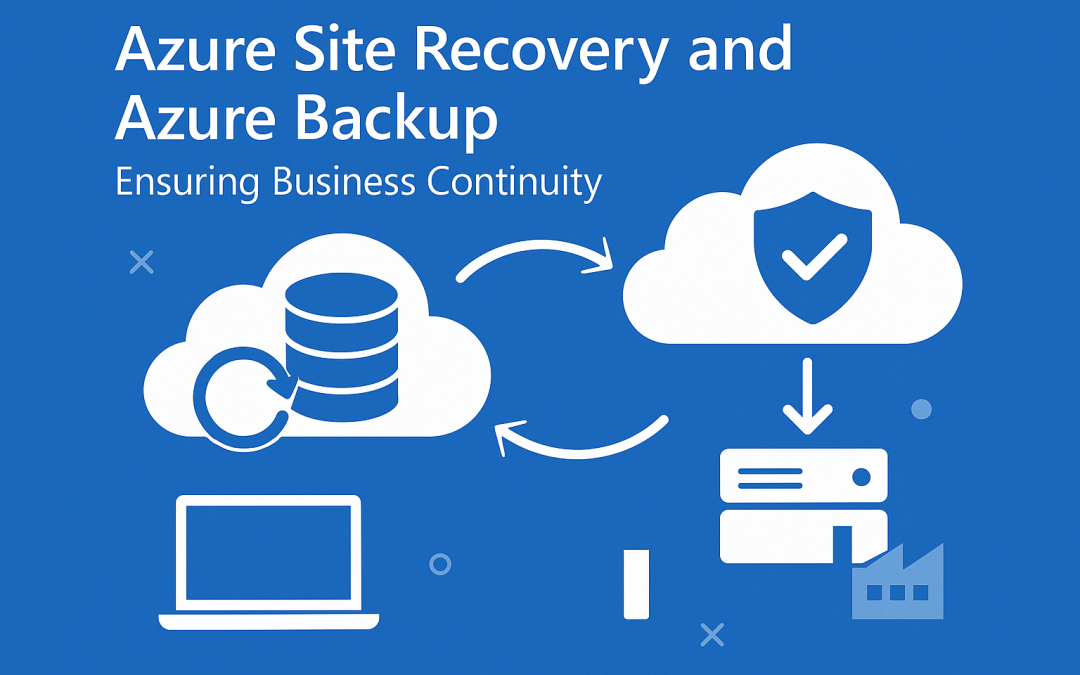In today’s business world, having a website is just as important as having a store, office, or phone number. According to research, 6 out of 10 consumers anticipate brands publishing online content related to their operations. Why keep waiting when your clients are looking for you? You’ll wonder why you didn’t do it sooner. You may already be asking yourself how to pick between VPS hosting and Web hosting solutions. if you need to build a website for your e-commerce or simply want to launch your blog project online, there are many possibilities. People who wish to build a website may worry about web design and content. And certainty about which company to entrust with their page. It’s important to weigh the differences between VPS and Shared Web Hosting solutions. Choose the one that is best for your business.
The objective of your website is to have a huge impact on the web with the hosting solution you choose. I am aware that this may be a little unclear. This article will explain what Shared and Virtual Private Server(VPS) web hosting solutions are, how they differ, and how to choose the web hosting solution that best suits your requirements.
Explaining Web Hosting
A website is hosted when a hosting company allots space on a web server for it to keep its files. Code, photos, and other website-related assets that made the website accessible through the web server. A web server hosts every website you’ve ever visited. The type of hosting determines how much space is allotted to a website on a server. Shared, VPS, Dedicated, and Reseller hosting are the four basic hosting solutions. They differ in terms of server technology, the level of management offered, and the extra services they give.
How Web Hosting Houses Our Websites
In a word, web hosting is the process of leasing or purchasing space on the World Wide Web to house a website. To be viewed online, website material including HTML, CSS, and images must be stored on a server. Clients store data on hardware called web servers, which allows access to worldwide users and easy management. Without adequate host/web server capacity and proper maintenance, your website can behave erratically. This slows down the website visitor process, impacts your company’s sales, and deprives your audience of information.
Shared Web Hosting Solution
A shared hosting solution allows multiple websites to share a single server. You usually don’t know who or what website you’re sharing your server’s resources with. Each client usually has a limit on the total amount of server resources it can use, which is defined by its hosting plan. Shared hosting is the cheapest and most economical option for your needs. However, the cheap price has its limits. This is explained below. Most hosting companies offer the same amount of space and storage, so choosing a reputable company is important.
Pros And Cons of Shared Web Hosting Solution
Pros: Simply put, shared hosting is a great option for website owners on a tight budget or for those just getting started on the internet. It doesn’t stay in the hosting tier forever.
- This is the cheapest hosting option available. Typical prices for this type of hosting range from $2.99 to $9.99. Most hosting companies offer multiple hosting tiers so you can gradually expand your hosting plan.
- This makes shared hosting a great place to start. Shared hosting usually comes with cPanel built in to make website management easier.
- Servers are usually included in hosting packages, so no technical maintenance is required on the server side.
Cons: Shared hosting looks pretty good. It is affordable, has consistent uptime, and is easy to manage. But it has certain drawbacks.
- Load times can be much slower than dedicated servers.
- The server may be overloaded by other sites sharing the server.
- Increased site traffic can significantly degrade site performance. I don’t know exactly who my neighbor is. Although rare, other sites on your server may pose a risk to your site.
- Lack of customization options to really get the best performance out of your website.
Virtual Private Server Web Hosting Solution
VPS hosting is a suitable type of hosting for those who have outgrown shared hosting. If multiple websites are on a single web server with shared hosting and there are no resource guarantees, using a VPS reduces users sharing a segment of allocated disk space, memory, and processing power. Each user on a VPS server has access to a virtual machine running its own copy of the operating system ‘OS’. This allows customers using VPS hosting to experience features and performance similar to a dedicated server for their website.
Pros And Cons Of VPS Web Hosting Solution
Pros: VPS hosting is the ideal solution if that is the service you really need.
- Faster and more reliable than shared hosting servers.
- Server resources such as memory and processing power are guaranteed, so there is little variation in available resources.
- Problems and spikes in traffic from other server users do not affect the site.
- Superuser (root) access to the server is granted.
- Files and databases are locked against other server users, providing greater privacy.
- A service that scales easily. as your website grows, you can easily upgrade your server resources (RAM, CPU, disk space, bandwidth, etc.).
Cons: While VPS hosting is more secure compared to shared hosting, it’s not as secure as dedicated server hosting.
- More expensive than shared hosting.
- Many tutorials are available online, but setting up a VPS requires more technical knowledge.
- Server management is technically more demanding than shared or cloud plans.
- Improperly configured servers can lead to security vulnerabilities.
Choosing The Best Web Hosting Solution For Online Business
There are many use cases for different web hosting solutions, so who exactly is VPS hosting for? You should consider VPS hosting if:
- Your business is expanding beyond the constraints of shared hosting.
- You are expecting a substantial increase in site traffic within the next few months. For example, your site is geared toward a new marketing effort or promotional campaign, or if you’re expanding into other markets.
- You might have enough bandwidth to handle a single website, but two, or three? If you plan to host multiple websites in the near future, you will need even more resources. If your current shared hosting account is eating up your resources and your host is asking you to consider upgrading, it’s time to consider a VPS.
- Your website needs more privacy and performance compared to what is available on shared hosting.
- You want full control over the server, including custom configurations, root access, and installations which is not available on shared hosting.
Conclusion
VPS hosting gives you access to guaranteed resources and complete control without running your own servers. This is the perfect solution for resource-intensive, medium to high-traffic e-commerce websites. But companies looking for rapid growth can also benefit from the stability of their services. If you want an affordable and reliable business hosting environment, consider his VPS hosting solution for your website. Worth it. For easy setup, consider the 99RDP web hosting solution, which comes with a pre-installed control panel.



